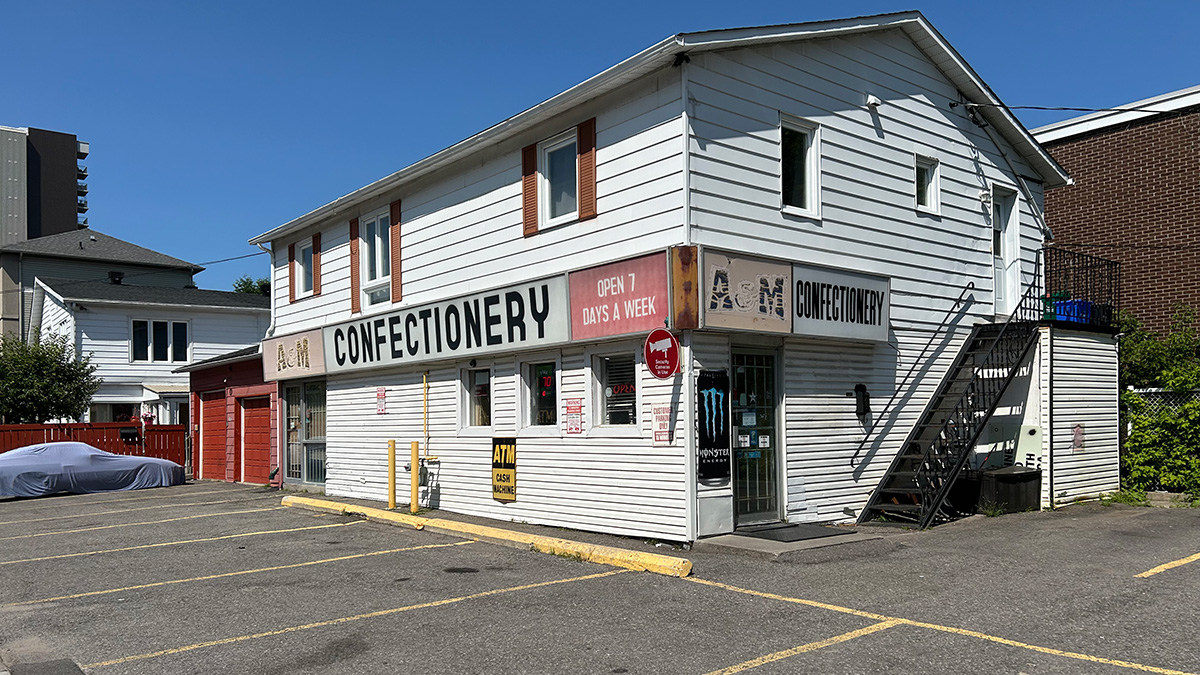When Premier Doug Ford announced plans to allow Ontario convenience stores to sell beer, wine and ready-to-drink cocktails, Biruk G. Medhin received the news with enthusiasm and optimism.
For 30 years, Medhin has run the A&M Confectionary in Ottawa’s Heron Park neighbourhood. He told Capital Current he had worked closely with community members in the past to sign a petition for the provincial government, asking it to consider allowing the sale of alcohol in stores such as his.
“It has taken Ontario so long to make that decision and break the alcohol monopoly,” said Medhin. “Premier Ford kept his promise as a politician. I respect that.”
During his election campaign in 2018, Ford promised to allow beer, wine, cider and coolers to be sold in convenience stores. Ford could not fulfill the promise because of a Master Framework Agreement (MFA) between the government and the multinational brewing companies that own The Beer Store that expires next year.
The Ford government accelerated its plan to allow alcohol sales in grocery stores and other outlets during the strike. On July 5, he announced that grocery stores already licensed to sell beer and wine to also sell ready-to-drink cocktail beverages as of this Thursday. The initial launch for that step was set for Aug. 1. OPSEU had said the expansion would threaten union jobs and the revenue the LCBO delivers.
“I got my license and I am ready for it right now,” said Medhin
“It is good for small retailers, for the community and for liberalizing the market.”
Medhin pointed out that the change not only would help him but, he believes the community will benefit as well. Alcohol will be available within walking distance. It also gives people more options to buy from whoever they like instead of dealing with one entity.
The Alcohol and Gaming Commission of Ontario (AGCO) has now issued some 1,875 alcohol sales licenses for convenience stores and 21 for grocery stores, according to its latest update.
For Medhin, the pandemic was hard on his business. He says he was forced to release two longtime employees and reduce opening hours.
“Even though, I am one of the luckiest. I know people who shut down their businesses. It has been hard to keep up with the current economy,” he said
“Now I am optimistic. I feel this change is going to revitalize the business.”
Medhin said he believes the Ford government move will also allow him to add products that people love to have with beer and wine. He even has hope he will be able to add staff.
While the move to allow sales in other businesses is welcomed by many, it did prompt an 18-day strike by more than 9,000 unionized LCBO workers which forced the closing of 680 LCBO outlets.
That strike is now over, the Ontario Public Service Employees Union (OPSEU) said in a statement. The workers have ratified a new three-year agreement with an eight per cent wage increase over three years, the conversion of about 1,000 casual employees to permanent part-time positions and no store closures during the term of the agreement.
“We went on strike to protect good jobs and public revenues, and to win more permanent jobs with benefits and guaranteed hours,” said Colleen MacLeod, chair of OPSEU’s bargaining committee.
“I am beyond proud that we fought back and won these permanent jobs – it will improve the lives of workers and their families for many years to come.”
LCBO outlets are expected to open Tuesday, with workers back on the job getting ready today.
On the other hand, Public Health officials urged caution as expanding alcohol sales means more availability and consumption, which could have health and social impacts in the short and long run.




